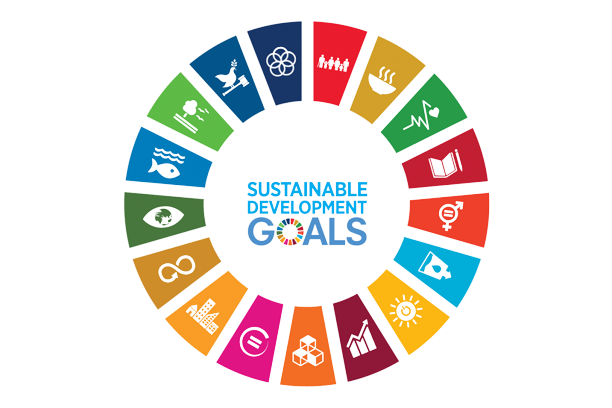Track Topics
Smart Environmentss
-
Design principles and guidelines
-
Using Digital Twins for smarter environments
-
Data capture and intelligent sensing at the edge
-
Generation of Synthetic data
-
Collection, cleansing, processing, distribution and storage of data
-
Application of machine learning and artificial intelligence
-
Adaptive monitoring and alerting
-
Activity recognition and behavioral analysis
-
Interventions and applications for Connected Health
-
Decision support for increasing quality of life
-
Evaluation of Living Labs and Smart Homes
-
Cross-industry development towards Industry 5.0
-
Robotic integration in Smart Environments
-
Sustainable Smart Environments

Human-Computer Interaction
-
Natural User Interface
-
Human-Centric Interfaces for AmI environments
-
Multimodal Interface
-
Context-dependent Systems
-
Novel input devices
-
Human-Ambient Interaction
-
Mobile or Affective Interfaces
-
Ubiquitous and ambient displays
-
User experience in Ambient Computing
-
Interaction with smart objects
-
HCI and Artificial Intelligence
-
Human Factors in HCI
AmI for health & (A3L) (Ambient, Active & Assisted Living)
-
The latest developments in ambient intelligence and applications in healthcare.
-
Wearable and portable devices for health monitoring and promoting wellbeing
-
The role of AI and machine learning in promoting A3L
-
Robotics and human-robot interacion for providing support in ambient assisted living environments
-
Privacy, security, and ethical considerations in ambient active and assisted living
-
Smart homes and ambient intelligence for supporting independent living
-
User-centered design and user experience in health environments
-
Data analytics and big data in ambient assisted living research and practice
-
Evaluation and validation of ambient assisted living systems and applications
-
Ambient assisted living and aging in place
-
Ambient assisted living and chronic disease management
-
Active aging and healthy living.
-
Business models and commercialization of ambient assisted living products and services
-
Synthetic data in medical and health research
-
Improving healthcare using medical digital twin technology
-
Responsible AI in Healthcare
-
Digital interventions for depression, mental health issues and quality of life improvement
-
Empowerment and digitalization in healthcare
-
Sustainable smart healthcare and co-creation processes
-
Knowledge management for health: context, cognition, behaviour, and user modelling
-
Education, training, and e-Learning systems in Health domains
Internet of EveryThing (IoT + People + Processes) and Sensors
-
IoE (IoT included) enabling technologies, techniques and methods.
-
IoE application and services.
-
Current and future trends in IoE.
-
IoE societal impacts and Ethical implications of IoE.
-
Security, privacy and trust in IoE.
-
IoE interoperability, integration and performance.
-
IoE experimental results and deployment scenarios.
-
Human factors in IoE.
-
AI for the embedded IoT/IoE and Edge computing.
-
Sensor circuits and devices design, integration and combination.
-
Scalable IoT architectures, protocols and algorithms of sensor networks.
-
Energy Efficiency and Sustainability, resource allocation, quality of service (QoS) and fault tolerance in Sensor Networks.
-
Applications of hybrid sensor networks.
-
Innovative real-world sensor deployments and applications.
-
Sensor and actuator technologies in ambient assisted living contexts.
Data Science
-
Modeling, visualization, personalization, and recommendation in Data Science
-
Mining and/or integration from multi-sourced or multi-modal data, including text, semi-structured, spatio-temporal, streaming, graph, web, and multimedia data
-
Knowledge discovery and pattern recognition through machine learning, statistical learning methods, deep analytics, and deep learning
-
Data science for specific AmI and Ubiquitous computing application domains, such as scientific, healthcare, business, entertainment, government, and agriculture
-
Using massive data to support decision-making in AmI environments
-
Efficiency, scalability, security, and privacy issues in data science
-
Envisioning a field of data science and analytics in AmI and Ubiquitous Computing.
-
Lessons learned in data science and analytics of AmI and Ubiquitous Computing